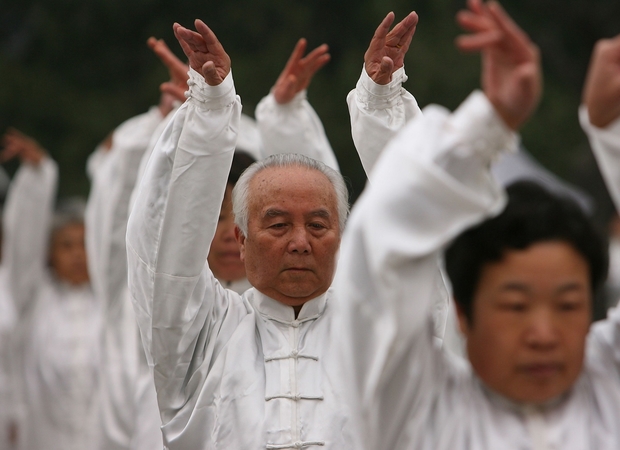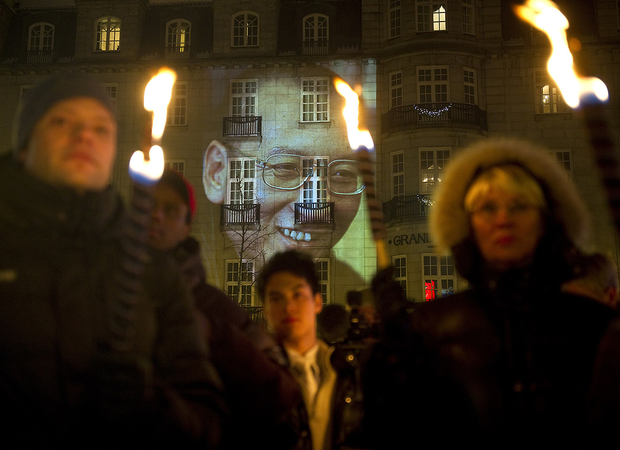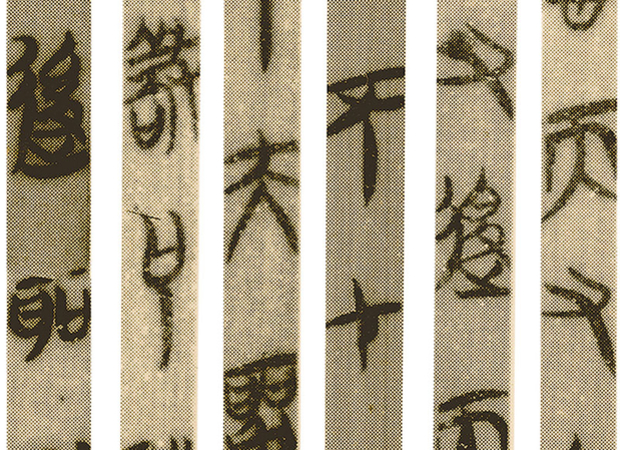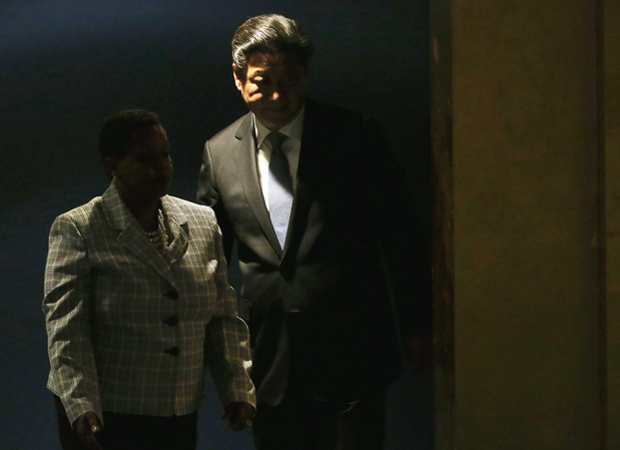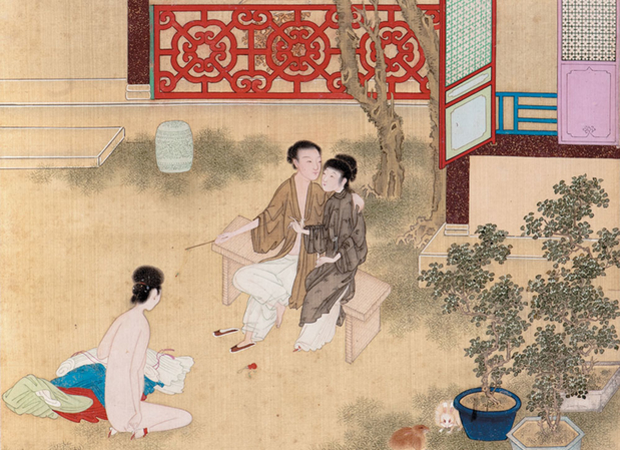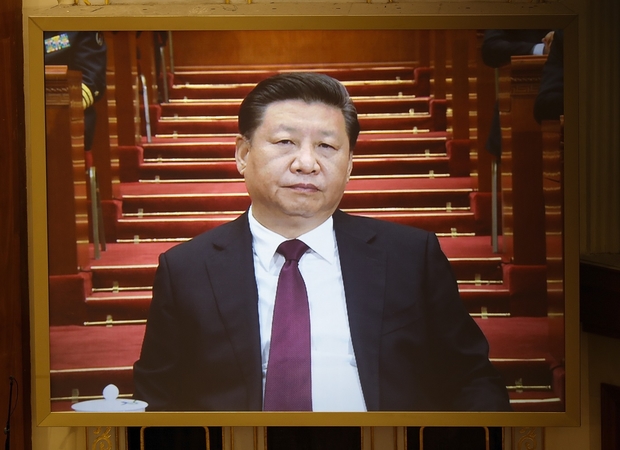
Xi Jinping: The Illusion of Greatness
from New York Review of BooksPolitics is always about pomp and pageantry, but as pure, stultifying ritual few occasions can compare to the convening of the Chinese parliament, the National People’s Congress, which ended this week. No matter what is happening...
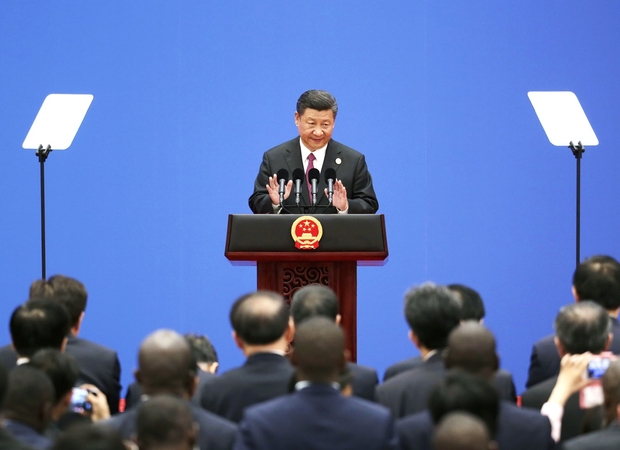
China: The Struggle at the Top
from New York Review of BooksThe Chinese were gloating over the flaws of the American political system long before the election of Donald J. Trump. Coming from an obsessively orderly system, they were again and again baffled by an institutional setup that...
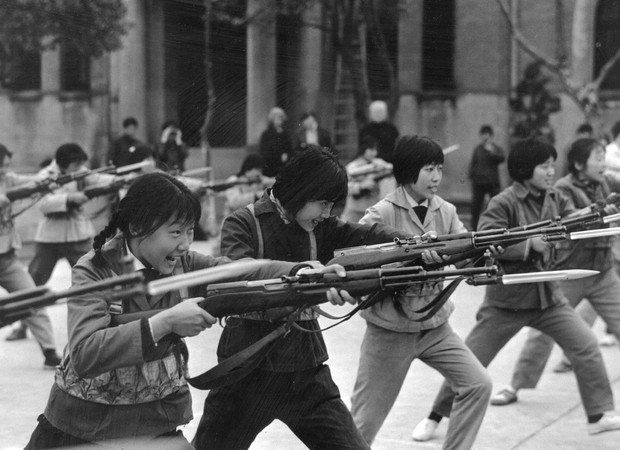
When the Chinese Were Unspeakable
from New York Review of BooksThe Xiao River rushes deep and clear out of the mountains of southern China into a narrow plain of paddies and villages. At first little more than an angry stream, it begins to meander and grow as the basin’s 63 other creeks and...
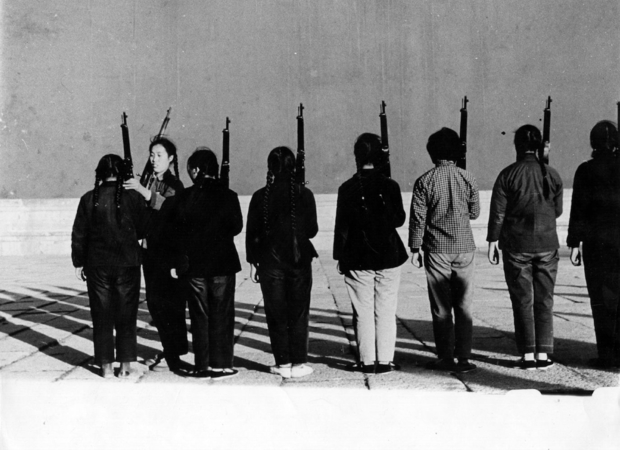
China’s Hidden Massacres: An Interview with Tan Hecheng
from New York Review of BooksTan Hecheng might seem an unlikely person to expose one of the most shocking crimes of the Chinese Communist Party. A congenial 67-year-old who spent most of his life in southern Hunan province away from the seats of power, Tan is...
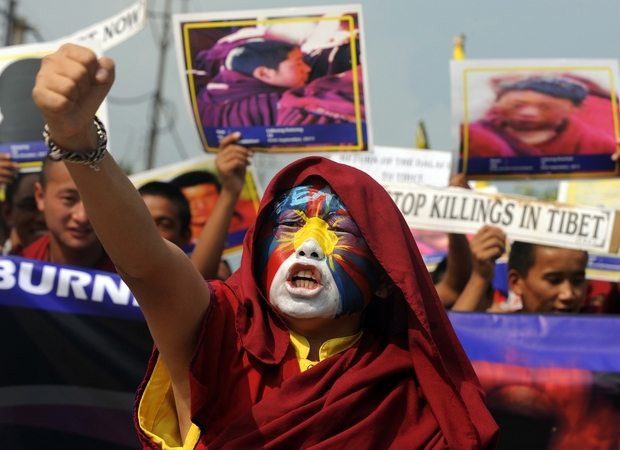
How Tibet Is Being Crushed—While the Dalai Lama Survives
from New York Review of BooksIf you read every page of Tsering Woeser’s latest book and skip the first and last chapters of Tsering Topgyal’s, the ultimate message about the situation in Tibet is often the same. Chinese rule, writes Woeser, is no less than “...
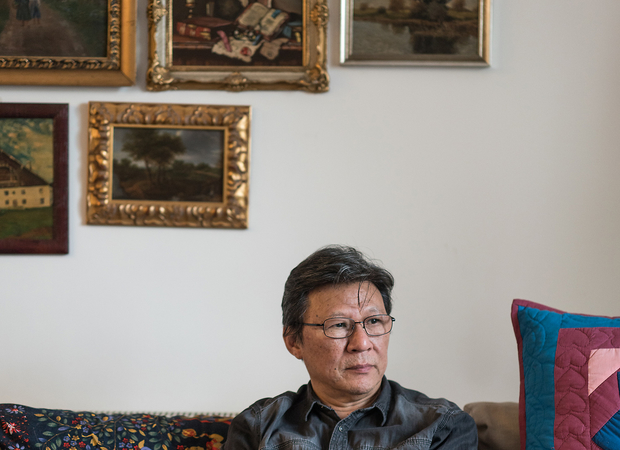
Inside and Outside the System: Chinese Writer Hu Fayun
from New York Review of BooksOver the summer, I traveled to Wuhan to continue my series of talks with people about the challenges facing China. Coming here was part of an effort...
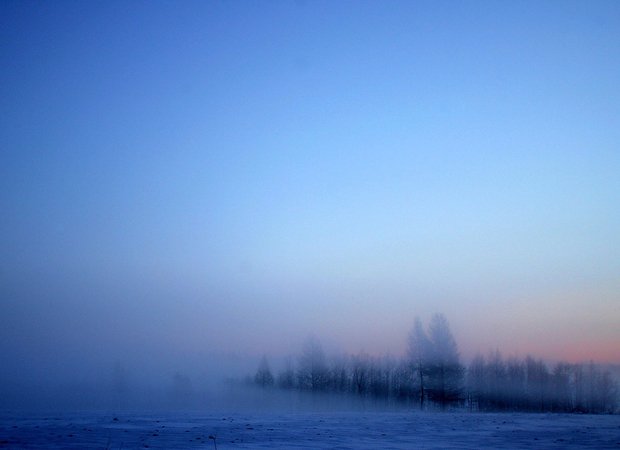
A Magician of Chinese Poetry
from New York Review of BooksSome people, and I am one, feel that Tang (618–907 CE) poetry is the finest literary art they have ever read. But does one need to learn Chinese in order to have such a view, or can classical Chinese poetry be adequately...
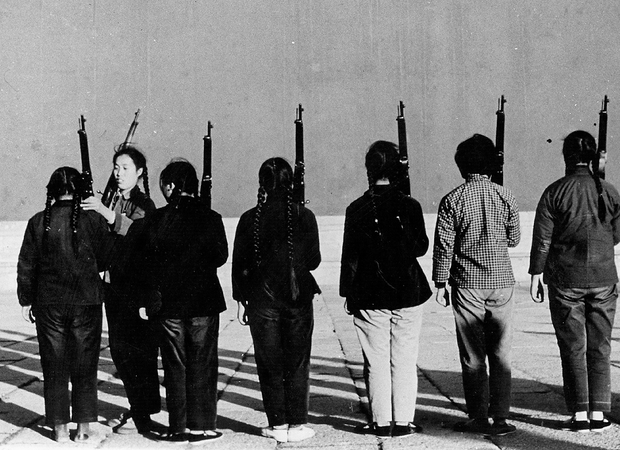
China: The Virtues of the Awful Convulsion
from New York Review of BooksFor decades, Beijing’s Beihai Park has been one of the city’s most beloved retreats—a strip of green around a grand lake to the north of the Communist Party’s leadership compound, its waters crowded with electric rental boats shaped like ducks...
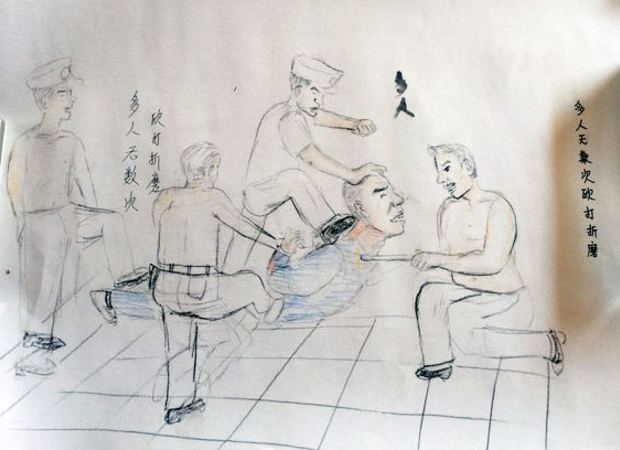
China: A Life in Detention
from New York Review of BooksEvery year in China, thousands of people suffer what the United Nations calls “arbitrary detention”: confinement in extra-legal facilities—including former government buildings, hotels, or mental hospitals—which are sometimes...
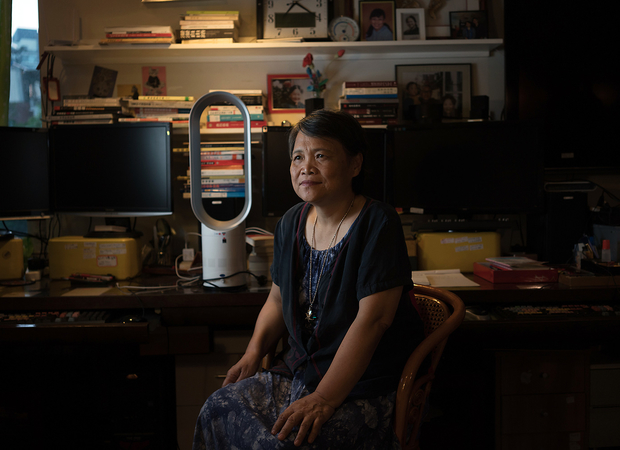
The People in Retreat
from New York Review of BooksAi Xiaoming is one of China’s leading documentary filmmakers and political activists. Since 2004, she has made more than two dozen films, many of them long,...
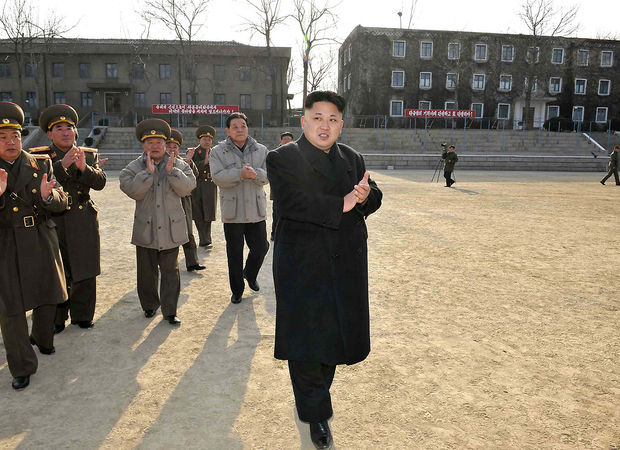
Who Is Kim Jong-un?
from New York Review of BooksThe pudgy cheeks and flaring hairdo of North Korea’s young ruler Kim Jong-un, his bromance with tattooed and pierced former basketball star Dennis Rodman, his boy-on-a-lark grin at missile firings, combine incongruously with the...

China: The People’s Fury
from New York Review of BooksIt has long been routine to find in both China’s official news organizations and its social media a barrage of anti-American comment, but rarely has it reached quite the intensity and fury of the last few days. There have been...
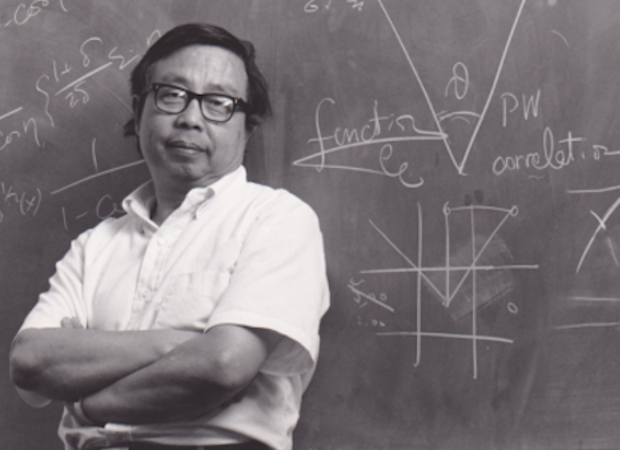
The Heritage of a Great Man
from New York Review of BooksWhy did communism grow deep roots and survive in China, while it withered and died in Russia? This is one of the central questions of modern history. A plausible answer to the question is that communism in China resonated with the...
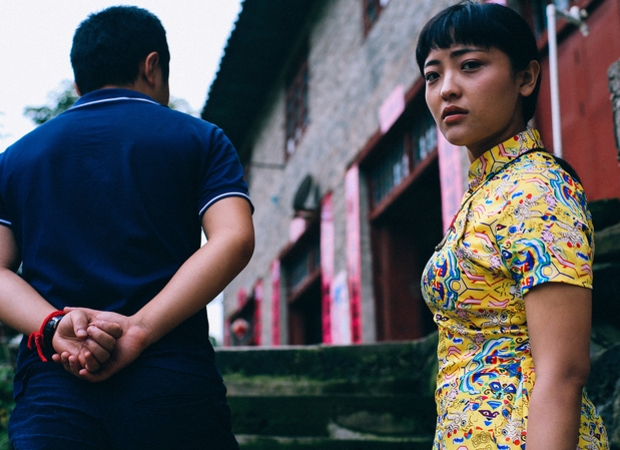
A New Language for Chinese Film
from New York Review of BooksKaili Blues, an eccentric, remarkably assured first feature by the young Chinese director Bi Gan, is both the most elusive and the most memorable new movie that I’ve seen in quite some time—“elusive” and “memorable” being central...

Who Is Xi?
from New York Review of BooksMore than halfway through his five-year term as president of China and general secretary of the Chinese Communist Party—expected to be the first of at least two—Xi Jinping’s widening crackdown on civil society and promotion of a...
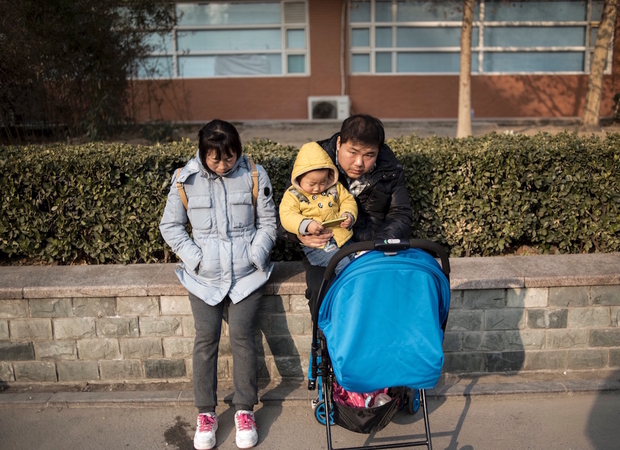
‘China’s Worst Policy Mistake’?
from New York Review of BooksPerhaps no government policy anywhere in the world affected more people in a more intimate and brutal way than China’s one-child policy. In the West, there’s a tendency to approve of it as a necessary if overzealous effort to curb...
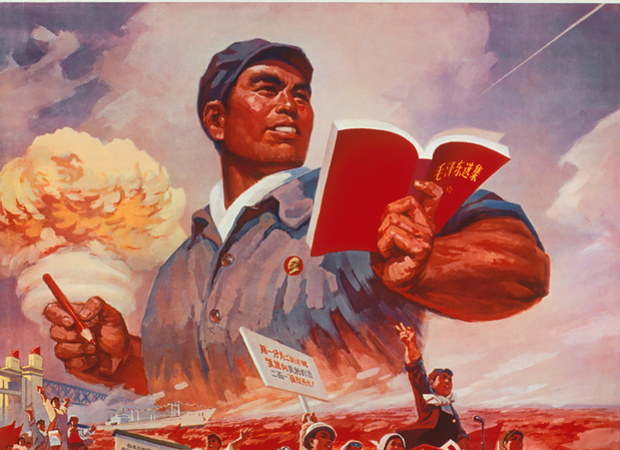
If Mao Had Been a Hermit
from New York Review of BooksAt the annual meeting of BookExpo America that was held in New York last May, to which most leading U.S. publishers sent representatives, state-sponsored Chinese publishers were named “guests of honor.” Commercially speaking, this...
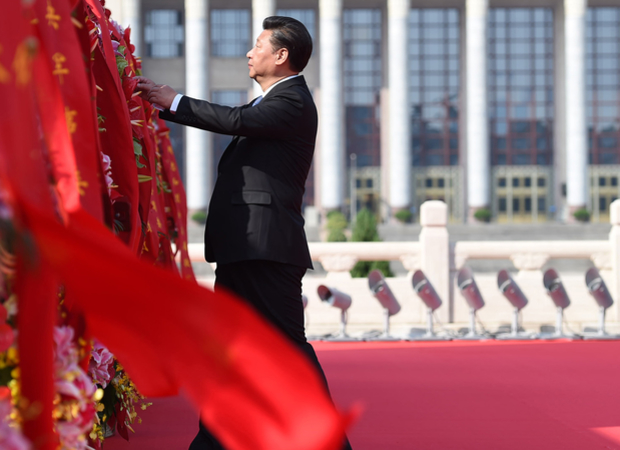
Crackdown in China: Worse and Worse
from New York Review of Books“
As a liberal, I no longer feel I have a future in China,” a prominent Chinese think tank head in the process of moving abroad recently lamented in private. Such refrains are all too familiar these days as educated Chinese...
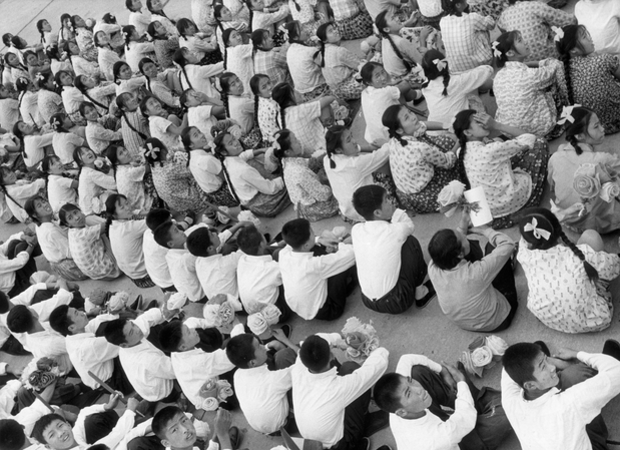
China: The Benefits of Persecution?
from New York Review of BooksDuring decades of reading and reviewing books on China I have learned a great deal, even from those I didn’t like. Only a few have surprised me. Mao’s Lost Children is such a book, and those like me who believe that the...

What Is the I Ching?
from New York Review of BooksThe I Ching has served for thousands of years as a philosophical taxonomy of the universe, a guide to an ethical life, a manual for rulers, and an oracle of one’s personal future and the future of the state. It was an...
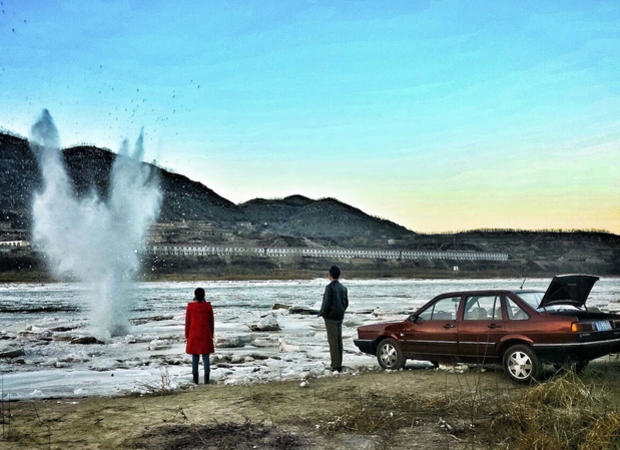
Lost in China’s Exploding Future
from New York Review of BooksChinese director Jia Zhangke’s new movie, Mountains May Depart, begins with a disco dance in a bleak mining town to the sounds of “Go West” by the Pet Shop Boys. It is the lunar New Year, 1999. Outside, the end of the...
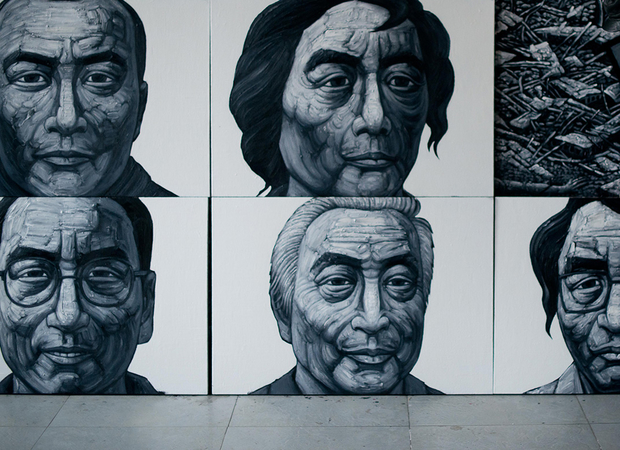
Why Are Tibetans Setting Themselves on Fire?
from New York Review of BooksFebruary 27, 2009, was the third day of Losar, the Tibetan New Year. It was also the day that self-immolation came to Tibet. The authorities had just cancelled a Great Prayer Festival (Monlam) that was supposed to commemorate the...

China: Surviving the Camps
from New York Review of BooksBy now, it has been nearly forty years since the Cultural Revolution officially ended, yet in China, considering the magnitude and significance of the event, it has remained a poorly examined, under-documented subject. Official archives are off-...

‘My Personal Vendetta’
from New York Review of BooksThe presumed kidnapping of the Hong Kong bookseller and British citizen Lee Bo late last year has brought international attention to the challenges faced by the Hong Kong publishing business. During a break from The New York...

Why Pollution is Good for China
from New York Review of BooksI am a member of a martial arts group that performs at annual temple fairs around Beijing. Half of our group are children, and almost without fail they meet at a park on the west side of town at around three in the afternoon to practice fighting...
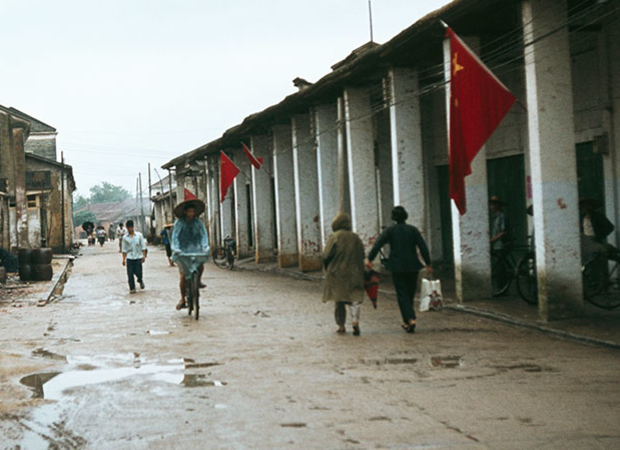
China: Novelists Against the State
from New York Review of BooksCan writers help an injured society to heal? Did Ōe Kenzaburō, who traveled to Hiroshima in 1963 to interview survivors of the dropping of the atomic bomb on that city eighteen years earlier, and then published a moving book...
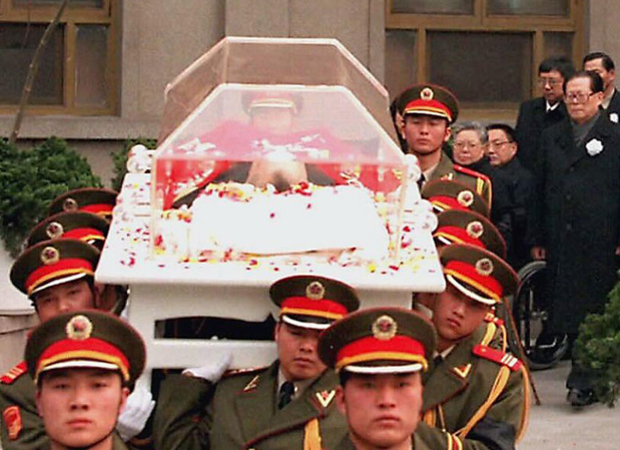
The Bloodthirsty Deng We Didn’t Know
from New York Review of Books“Deng was…a bloody dictator who, along with Mao, was responsible for the deaths of millions of innocent people, thanks to the terrible social reforms and unprecedented famine of 1958–1962.” This is the conclusion of Alexander...

‘I Try to Talk Less’: A Conversation with Ai Weiwei and Liao Yiwu
from New York Review of BooksIn late July, Chinese authorities renewed travel privileges for conceptual artist and political activist Ai Weiwei, ending a five-year prohibition following his arrest in 2011. He promptly flew to Munich and then Berlin, where he has accepted a...
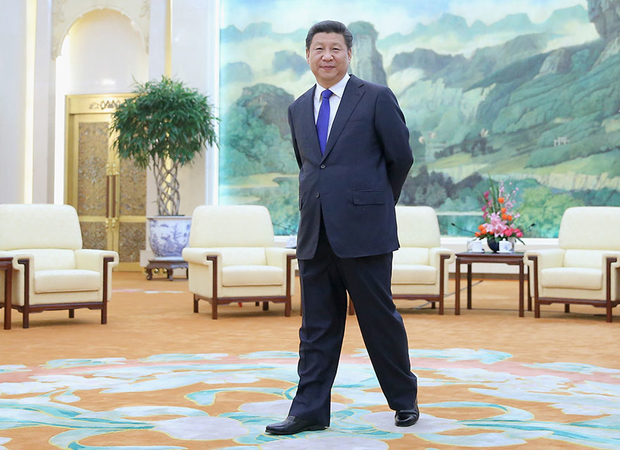
China: The Superpower of Mr. Xi
from New York Review of BooksIn the almost one-hundred-year existence of the Chinese Communist Party (C.C.P.), its current general secretary, Xi Jinping, is only the second leader clearly chosen by his peers. The first was Mao Zedong. Both men beat out the...

A Blind Lawyer vs. Blind Chinese Power
from New York Review of BooksIn early 2012, Chen Guangcheng, a self-taught lawyer who had been blind since infancy, lived with his wife and two children in the village of Dongshigu, where he’d been raised, on the eastern edge of the North China plain. They were not there by...
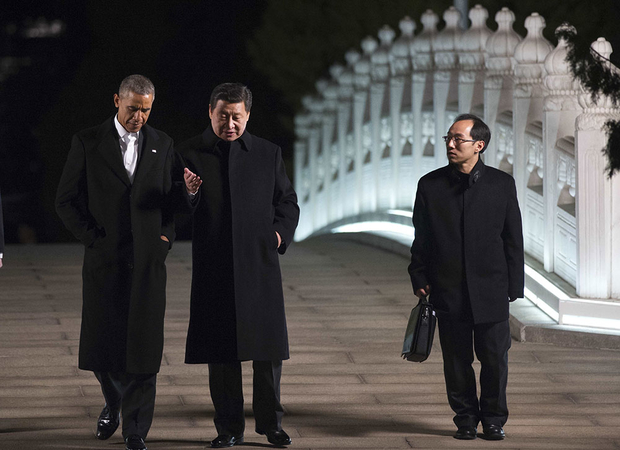
A Partnership with China to Avoid World War
from New York Review of BooksInternational cooperation is in decline both in the political and financial spheres. The U.N. has failed to address any of the major conflicts since the end of the cold war; the 2009 Copenhagen Climate Change Conference left a...
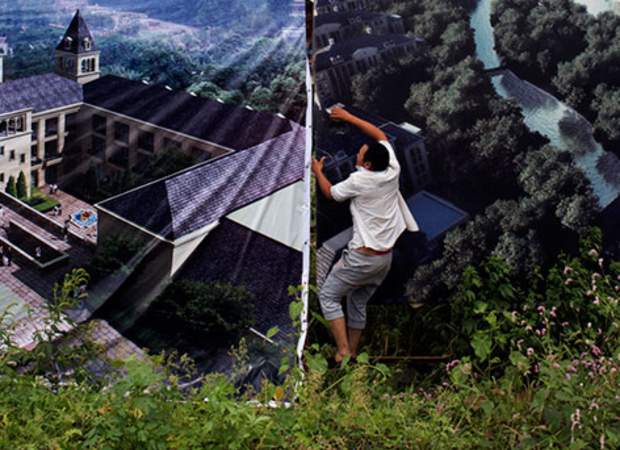
In North Korea: Wonder & Terror
from New York Review of BooksThe northeast of China used to be called Manchuria. Another name was “the cockpit of Asia.” Many wars were fought there. A French priest who traveled through the region in the 1920s wrote: “Although it is uncertain where God...
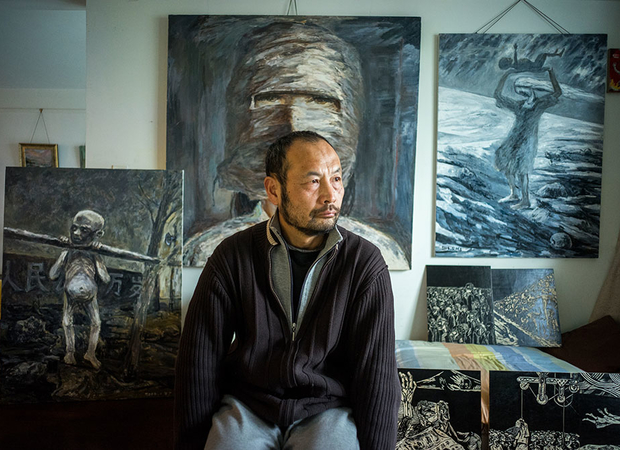
China’s Invisible History: An Interview with Filmmaker and Artist Hu Jie
from New York Review of BooksThough none of his works have been publicly shown in China, Hu Jie is one of his country’s most noteworthy filmmakers. He is best known for his trilogy of documentaries about Maoist China, which includes Searching for Lin Zhao’s Soul (...
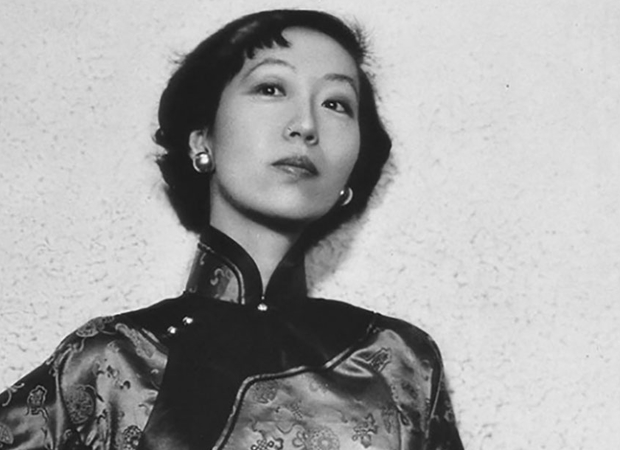
Mao’s China: The Language Game
from New York Review of BooksIt can be embarrassing for a China scholar like me to read Eileen Chang’s pellucid prose, written more than sixty years ago, on the early years of the People’s Republic of China. How many cudgels to the head did I need before arriving at...
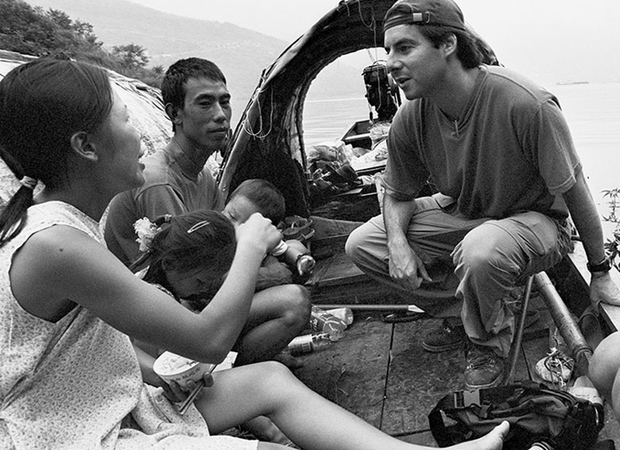
An American Hero in China
from New York Review of BooksOne night in September, three hundred people crowded into the basement auditorium of an office tower in Beijing to hear a discussion between two of China’s most popular writers. One was Liu Yu, a thirty-eight-year-old political...
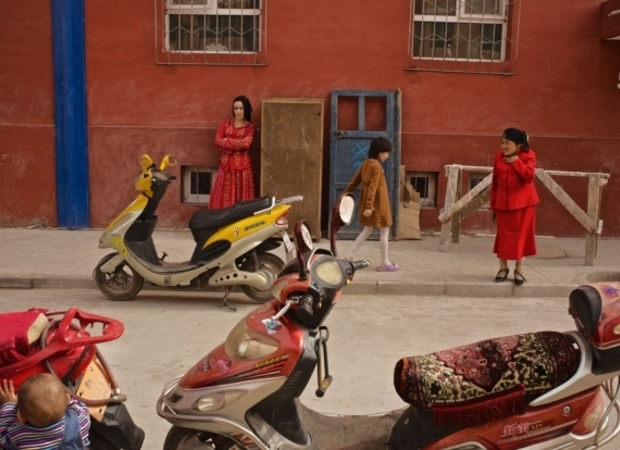
China: What the Uighurs See
from New York Review of BooksXinjiang is one of those remote places whose frequent mention in the international press stymies true understanding. Home to China’s Uighur minority, this vast region of western China is mostly known for being in a state of...
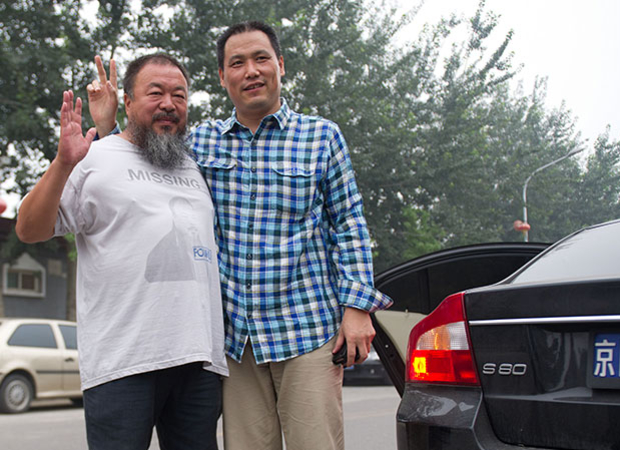
China: Inventing a Crime
from New York Review of BooksIn late January, Chinese authorities announced that they are considering formal charges against Pu Zhiqiang, one of China’s most prominent human rights lawyers, who has been in detention since last May. Pu’s friends fear...
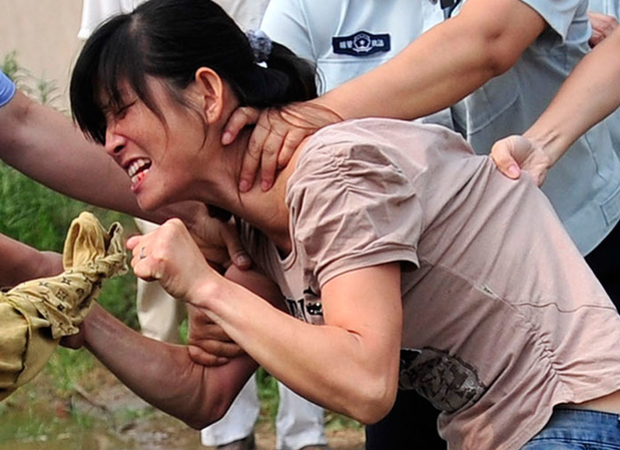
How to Be a Chinese Democrat: An Interview with Liu Yu
from New York Review of BooksLiu Yu is one of China’s best-known America-watchers. A professor of political science at Tsinghua University, she lived in the U.S. from 2000 to 2007 and now researches democratization in developing countries,...
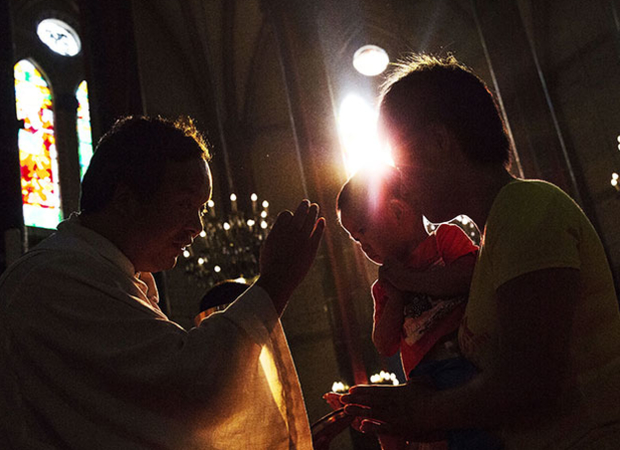
Pope Francis’ China Problem
from New York Review of BooksChina-watchers, friends of Tibet, and admirers of Pope Francis were amazed and disappointed last week when the Pope announced he would not be meeting the Dalai Lama during the Tibetan leader’s visit to Rome. The Dalai Lama was there with other...
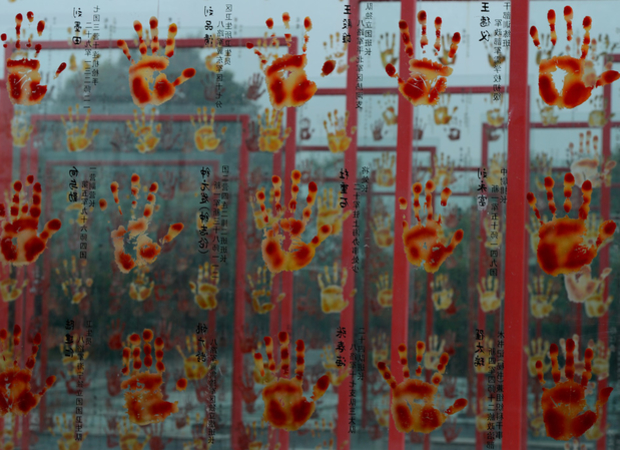
China’s Brave Underground Journal—II
from New York Review of BooksIn downtown Beijing, just a little over a mile west of the Forbidden City, is one of China’s most illustrious high schools. Its graduates regularly attend the country’s best universities or go abroad to study, while foreign leaders and CEOs make...
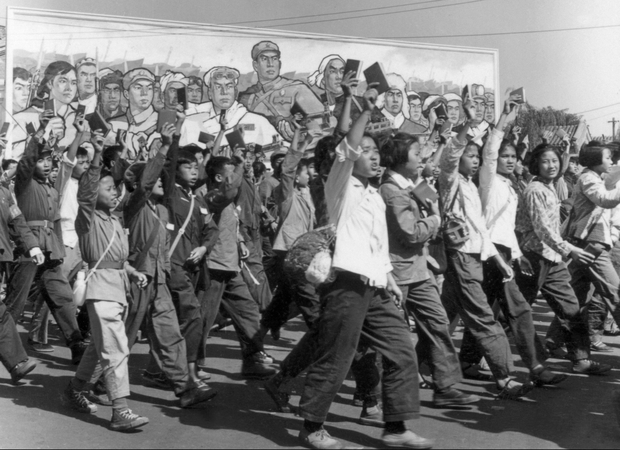
China’s Brave Underground Journal
from New York Review of BooksOn the last stretch of flatlands north of Beijing, just before the Mongolian foothills, lies the satellite city of Tiantongyuan. Built during the euphoric run-up to the 2008 Olympics, it was designed as a modern, Hong Kong–style housing district...
‘China Strikes Back’: An Exchange
from New York Review of BooksLetters in response to: “China Strikes Back!” from the October 23, 2014 issue of The New York Review of Books.
...
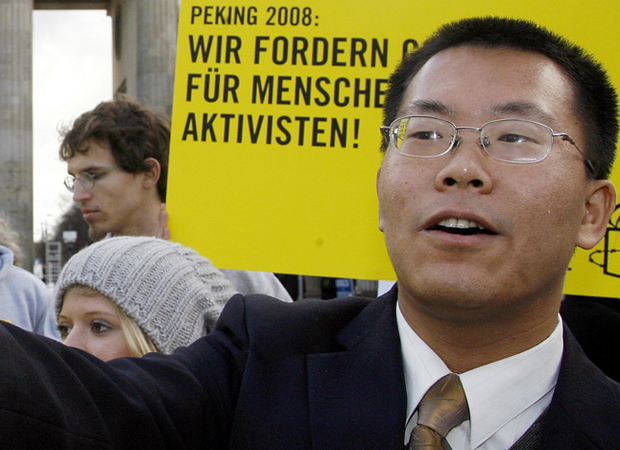
China’s Unstoppable Lawyers: An Interview with Teng Biao
from New York Review of BooksTeng Biao is one of China’s best-known civil-rights lawyers, and a prominent member of the weiquan, or “rights defenders,” movement, a loosely knit coalition of Chinese lawyers and activists who tackle cases related to the environment,...
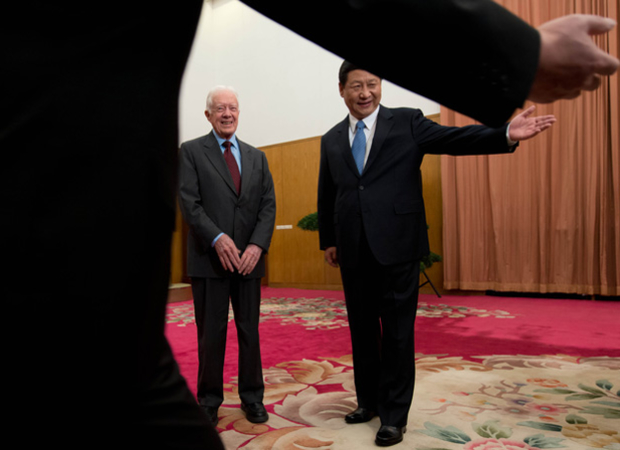
China Strikes Back!
from New York Review of BooksWhen Deng Xiaoping arrived at Andrews Air Force Base outside Washington in January 1979, his country was just emerging from a long revolutionary deep freeze. No one knew much about this 5-foot-tall Chinese leader. He had suddenly...
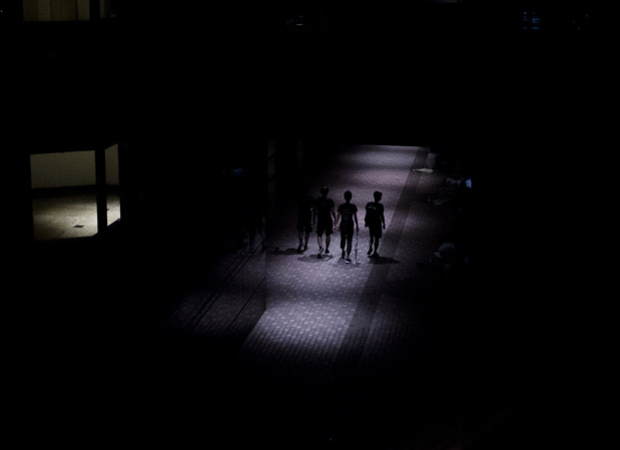
Taking Aim at Hong Kong
from New York Review of BooksA surge of emotion washed through me on Sunday night as I watched tens of thousands of protesters fill the streets of Hong Kong on television. It was...
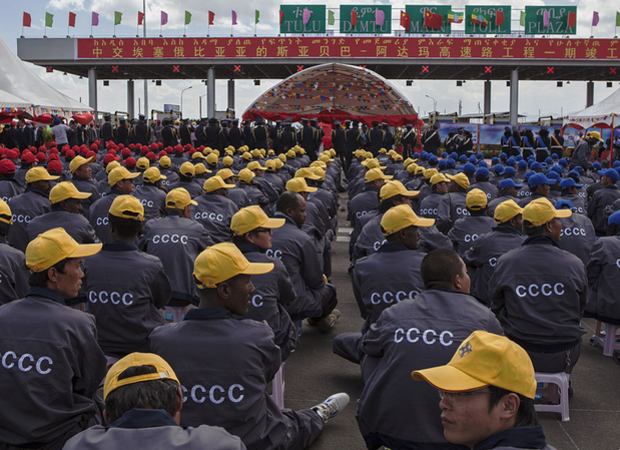
The Chinese Invade Africa
from New York Review of BooksIn early May, China’s premier, Li Keqiang, made a trip to Africa that raised a central question about China’s rise: What effect will it have on the world’s poorer countries? As a big third-world country that has lifted hundreds of millions out of...
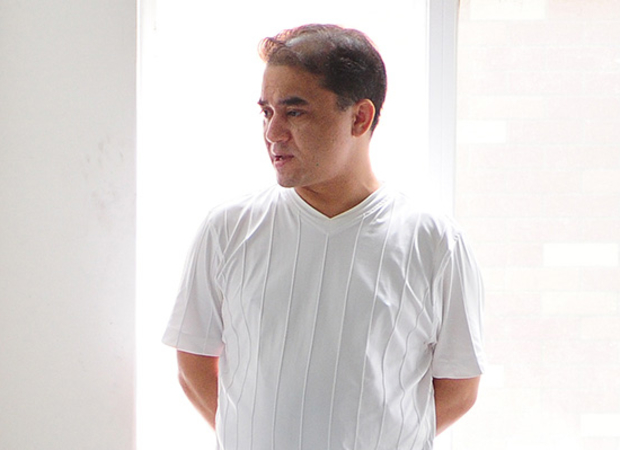
‘They Don’t Want Moderate Uighurs’
from New York Review of BooksIn my series of interviews with Chinese intellectuals, there is an empty chair for Ilham Tohti, the economist and Uighur activist....

Sex in China: An Interview with Li Yinhe
from New York Review of BooksLi Yinhe is one of China’s best-known experts on sex and the family. A member of the Chinese Academy of Social Sciences, she has published widely on sexual mores, women, and family issues. Li also runs a popular...
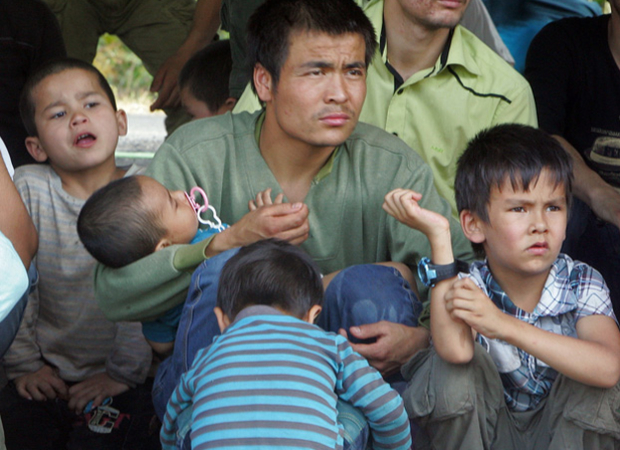
From China to Jihad?
from New York Review of BooksIt’s a very long way from China’s arid Xinjiang Uighur Autonomous Region in the country’s far northwest to its semi-tropical borders with Vietnam, Laos, and Burma in the south, and then it’s another precarious distance from there, down rivers and...
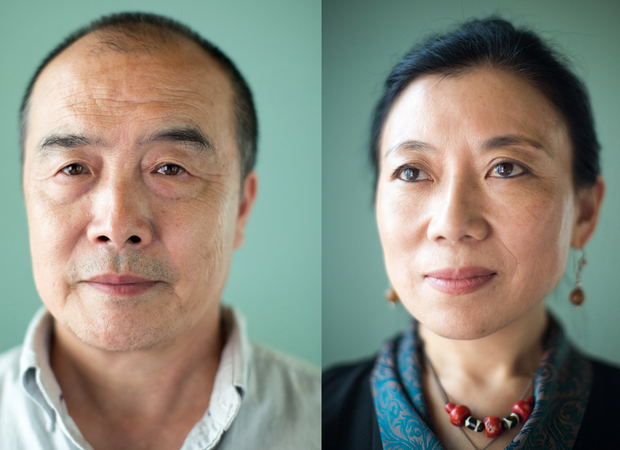
Wang Lixiong and Woeser: A Way Out of China’s Ethnic Unrest?
from New York Review of BooksWoeser and Wang Lixiong are two of China’s best-known thinkers on the government’s policy toward ethnic minorities. With violence in Tibet and Xinjiang now almost a monthly occurrence, I met them at their apartment in Beijing to talk about the...

Beyond the Dalai Lama: An Interview with Woeser and Wang Lixiong
from New York Review of BooksIn recent months, China has been beset by growing ethnic violence. In Tibet, 125 people have set themselves on fire since the suppression of 2008 protests over the country’s ethnic policies. In the Muslim region of Xinjiang, there have been a...
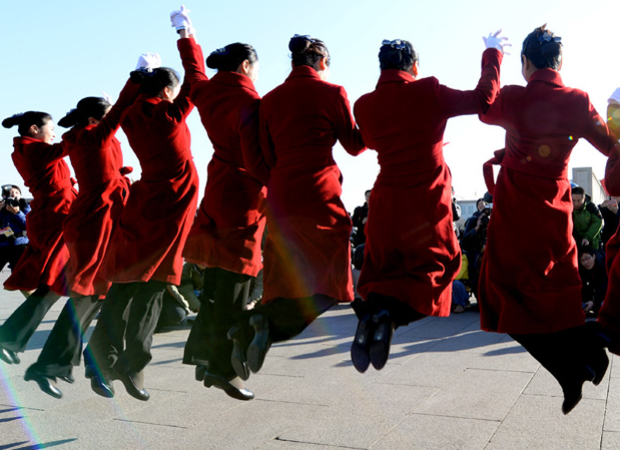
He Exposed Corrupt China Before He Left
from New York Review of BooksIn the late 1970s, when the passing of Mao made it possible for foreign journalists to work in China for the first time in three decades, the first reporters to get in wrote wide-ranging books that addressed nearly everything they could learn....
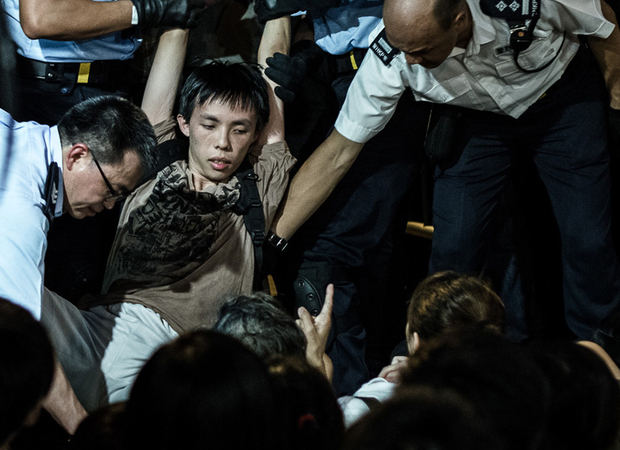
Hong Kong Rising: An Interview with Albert Ho
from New York Review of BooksThe former British colony of Hong Kong reverted to China on July 1, 1997, and on every July 1 since then Hong Kong citizens have marched in the streets asking for democracy. The demonstrations on this year’s anniversary, however, were on a much...
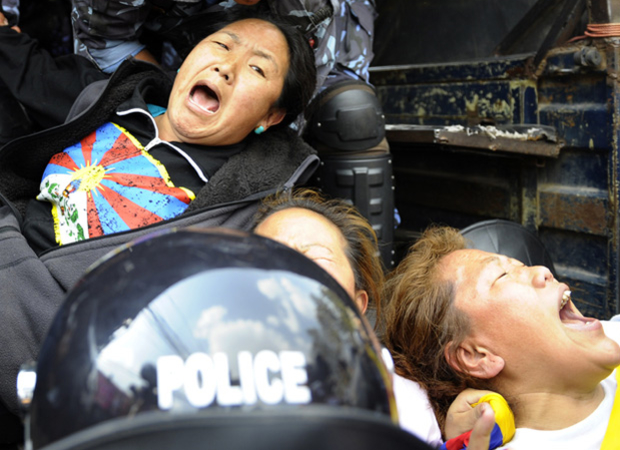
Tibet Resists
from New York Review of BooksTsering Woeser was born in Lhasa in 1966, the daughter of a senior officer in the Chinese army. She became a passionate supporter of the Dalai Lama. When she was very young the family moved to Tibetan towns inside China proper. In school, only...
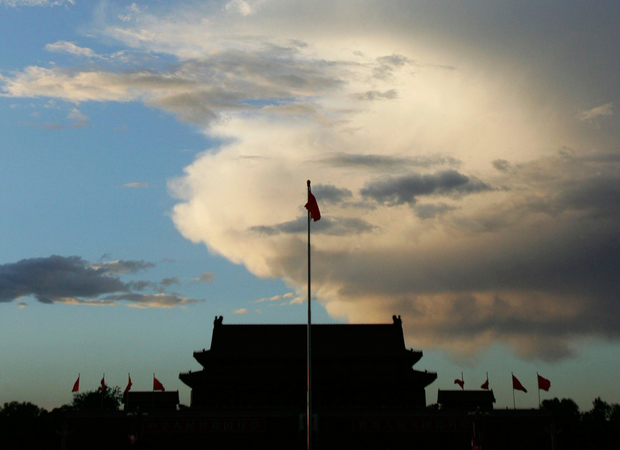
The Ghosts of Tiananmen Square
from New York Review of BooksEvery spring, an old friend of mine named Xu Jue makes a trip to the Babaoshan cemetery in the western suburbs of Beijing to lay flowers on the tombs of her dead son and husband. She always plans her visit for April 5, which is the holiday of...




